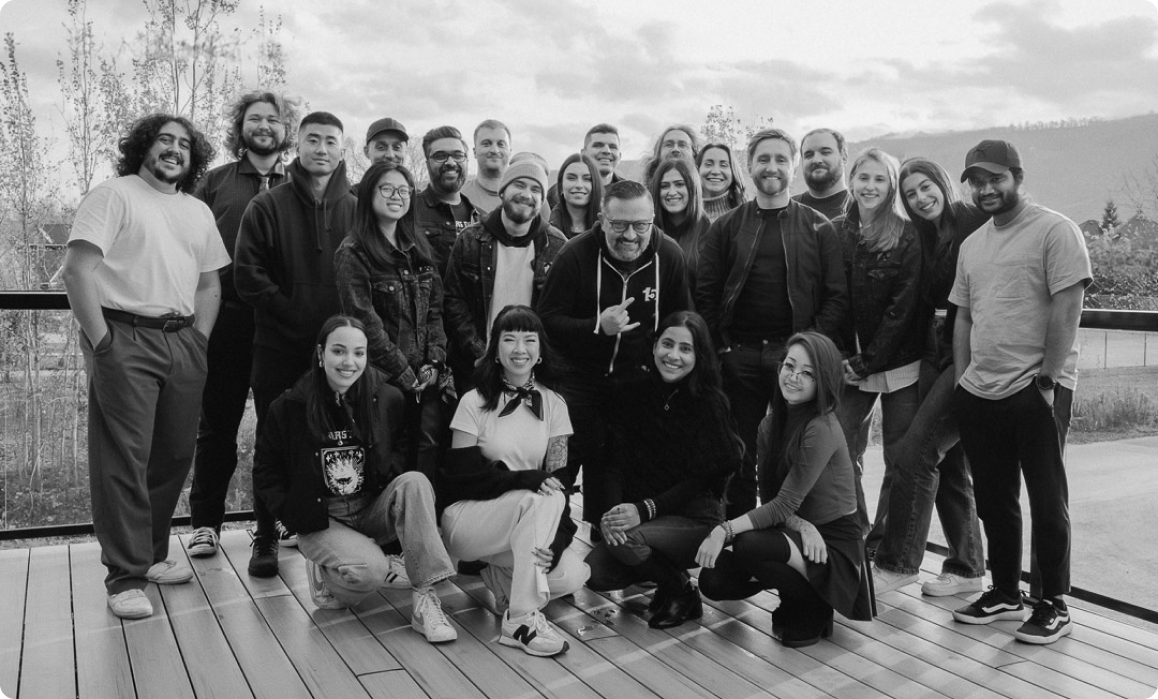Apr. 18, 2018

Blogging vs. Microblogging
I bet you were just sitting around, thinking of how best to promote your business online, and wondering about the pros and cons of blogging versus microblogging. Am I right?
Chances are I’m wrong. Chances are that you’ve contemplated starting a blog; started more than one and never made more than a few posts; thought of hiring someone to blog for you; found somebody to do it really cheap; couldn’t quite completely understand the unique rules of grammar they employed; tried once more yourself.
And chances are that you’ve never heard of microblogging.
But, if you’re at all active on social media, you’ve actually done some microblogging. And you’ve probably been more successful at it than you were with blogging. So how does a microblog differ from a traditional blog?
What is Microblogging?
A tweet. A tweet is a microblog post, or micropost. According to Wikipedia, microblogging is:
“…an online broadcast medium that exists as a specific form of blogging. A microblog differs from a traditional blog in that its content is typically smaller in both actual and aggregated file size. Microblogs allow users to exchange small elements of content such as short sentences, individual images, or video links…”
A Brief History of Microblogging
Interestingly, if you google “what is microblogging”, you’ll get lots of results that are 10 or more years old. That’s because the term was coined in 2005 and became popular with the rise of social media platforms like Twitter and Tumblr late in the last decade.
Blogging has always been a pain in the butt. And, when Twitter and its ilk came along, letting you to write an entry, add a link, and post it, all in a matter of seconds, the pundits of the day quickly sounded the death knell of blogging.
“The time it takes to craft sharp, witty blog prose is better spent expressing yourself on Flickr, Facebook or Twitter”
Wired, October 2008
Of course, it didn’t take long for those very same pundits to realize that, if everyone took their advice and stopped writing blog posts, then no one would have much to microblog about.
So blogging hardly skipped a beat in its rightful place at the top of the digital marketing content heap. But the importance of microblogging as part of any company’s digital marketing plan was firmly entrenched.
Microblogging Today
So how does a microblog differ from a traditional blog? If microblogging has been key to a company’s digital marketing for so long, why are we going on about it today?
Three main reasons.
- We see too many companies devoting lots of marketing resources to content, and either not using microblogging, or not using it properly, to amplify that content.
- Mobile devices continue to grow as the technology of choice for browsing the web. Reading an entire blog post on a smartphone can make your eyes ‘buggie’. But flipping through microblogging posts is fast, easy and fun, so they’re more important than ever.
- New microblogging platforms have emerged along with new ways of using all of them. As of February 2018, Instagram had a 50% larger monthly audience than Twitter. But is your business on Instagram? And do you know how to use Instagram for business? What about Snapchat, Tumblr and Reddit?
In the end, if you want a more direct answer to “blogging versus microblogging” in terms of numbers of posts, you should be microblogging way more often than blogging. That’s many times a day, versus a couple times a month.
Content curation, the humanization of your brand, interacting with your online communities, becoming a thought leader, all of them require a deft hand at microblogging. And a wicked blog too.
If you want to put microblogging to work to get more value from your traditional blog and all your digital content and marketing, get in touch with the digital marketing team here at nvision. They’ll have you covered in no time.
Book with us
Let’s accomplish what you are looking for, our team of experts are here for you.
Let's work togetherWarning: Working with our team may result in excessive creativity, uncontrollable 'aha' moments, and an addiction to perfect pixels. Please proceed with caution.



